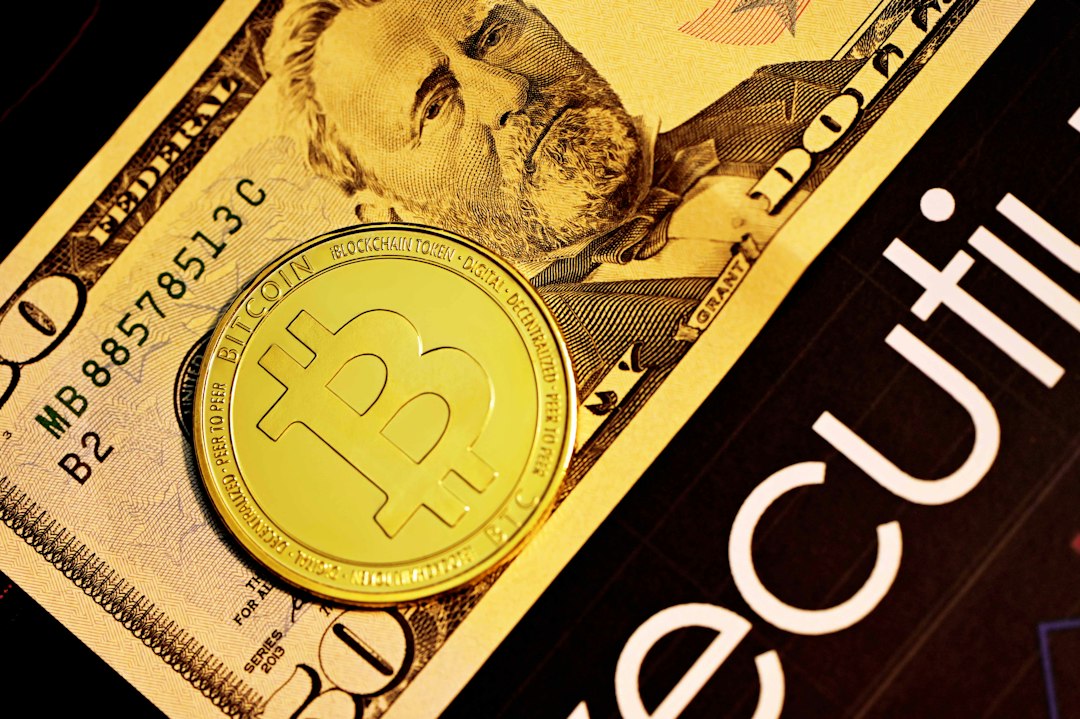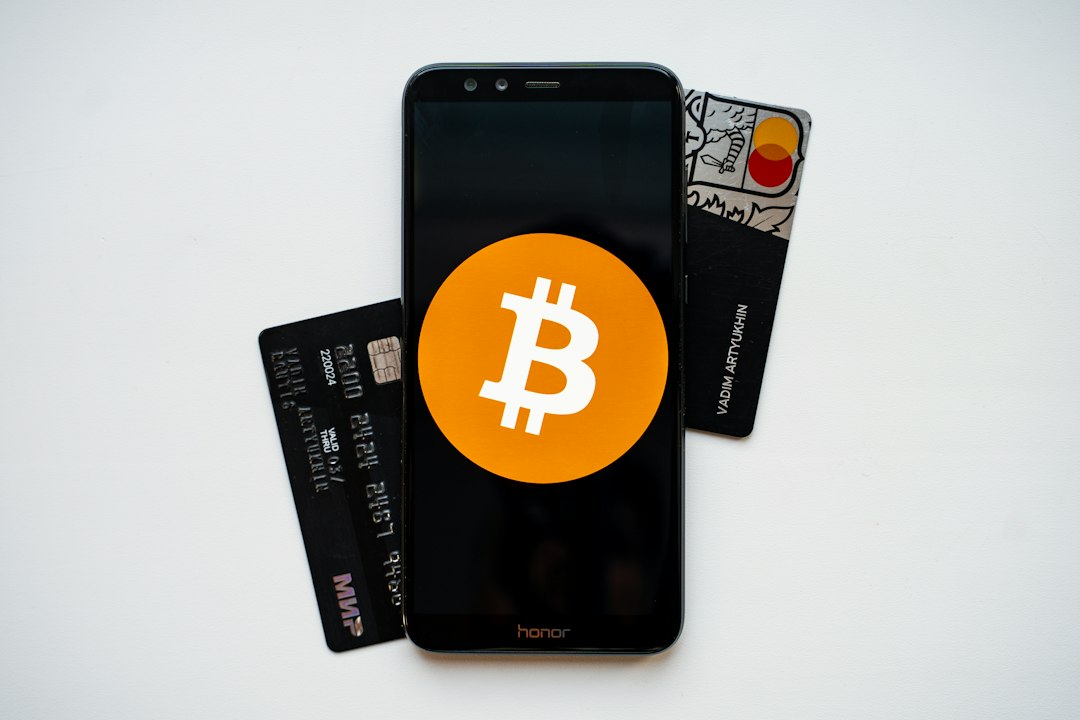Bitcoin ETFs Await Approval from SEC
The financial world is eagerly awaiting the approval of the first Bitcoin exchange-traded funds (ETFs) by the U.S. Securities and Exchange Commission (SEC). On Friday, all of the Bitcoin ETFs filed their 19B-4 forms with the SEC, a necessary step in proposing rule changes and seeking approval.
Predicting the Potential Market Value
Analysts are weighing in on what happens next once the SEC begins approving Bitcoin ETFs. Bloomberg Senior ETF Analyst Eric Balchunas predicts that the asset class could be worth billions, with estimates ranging from a couple of billion dollars in year one to $30-50 billion over three years. Balchunas believes that reputable investment firms like BlackRock, which manages over $100 billion, could allocate a significant amount to Bitcoin ETFs.
Benefits of Bitcoin ETFs
Bitcoin ETFs track the price of Bitcoin and offer investors exposure to the asset without having to directly buy and store it. This bridge between traditional finance and cryptocurrencies is seen as an interesting development that could attract larger institutional investors.
The Future of Cryptocurrency Trading
Balchunas also predicts that cryptocurrency trading will become more cost-effective and efficient in the future, with significantly lower transaction fees compared to current platforms like Coinbase. He emphasizes the potential gains from reputable brands entering the market and regulatory approval from the SEC, which will add credibility and trust.
Changing Views of Retail Investors
Retail investors’ fear of missing out (FOMO) has decreased compared to 2021. The involvement of institutional players and regulatory approvals are shaping retail investors’ perception of cryptocurrencies.
Hot Take: The Potential Impact of Bitcoin ETF Approval
The approval of Bitcoin ETFs by the SEC could have a transformative impact on the cryptocurrency market. With the involvement of reputable investment firms and increased institutional interest, the asset class could reach significant valuations in the coming years. This development also signals a shift in the perception of cryptocurrencies among retail investors, as they become more accepted and trusted within the traditional financial system.





 By
By
 By
By
 By
By
 By
By
 By
By